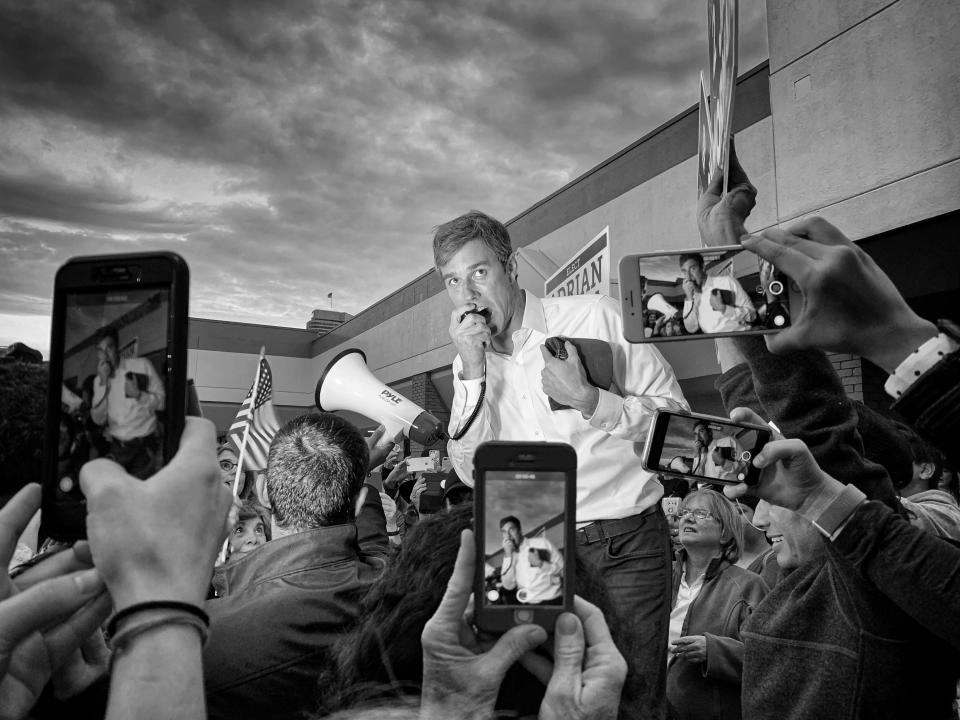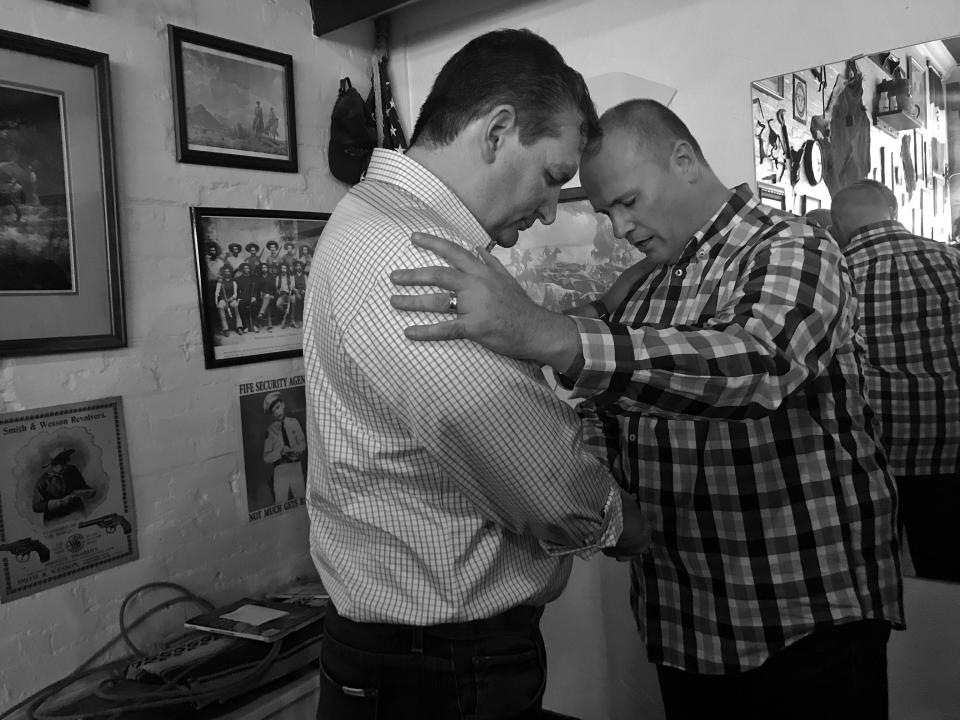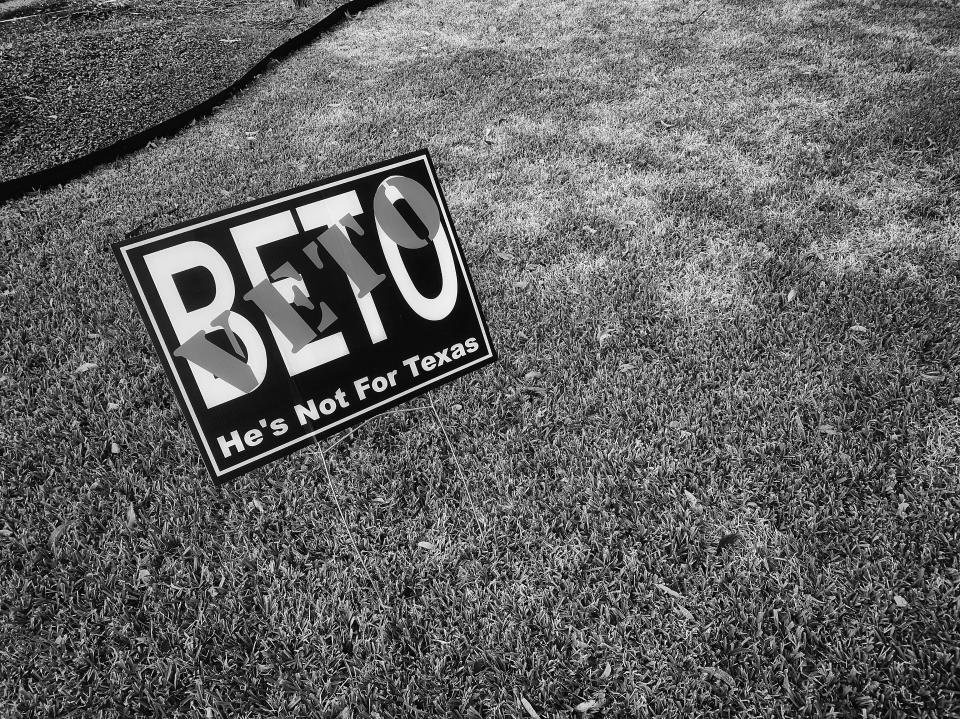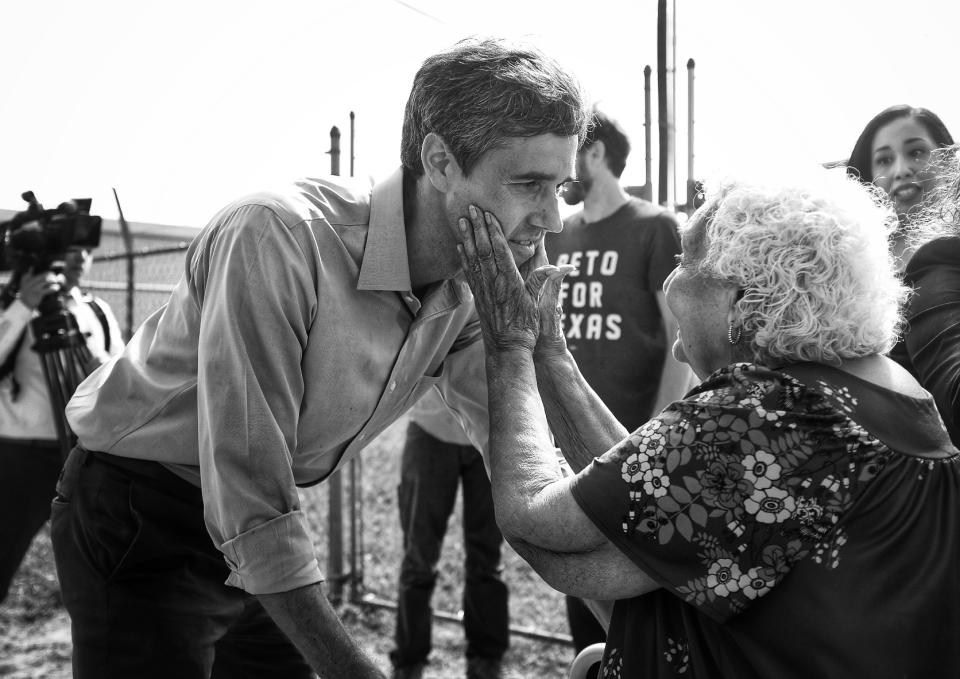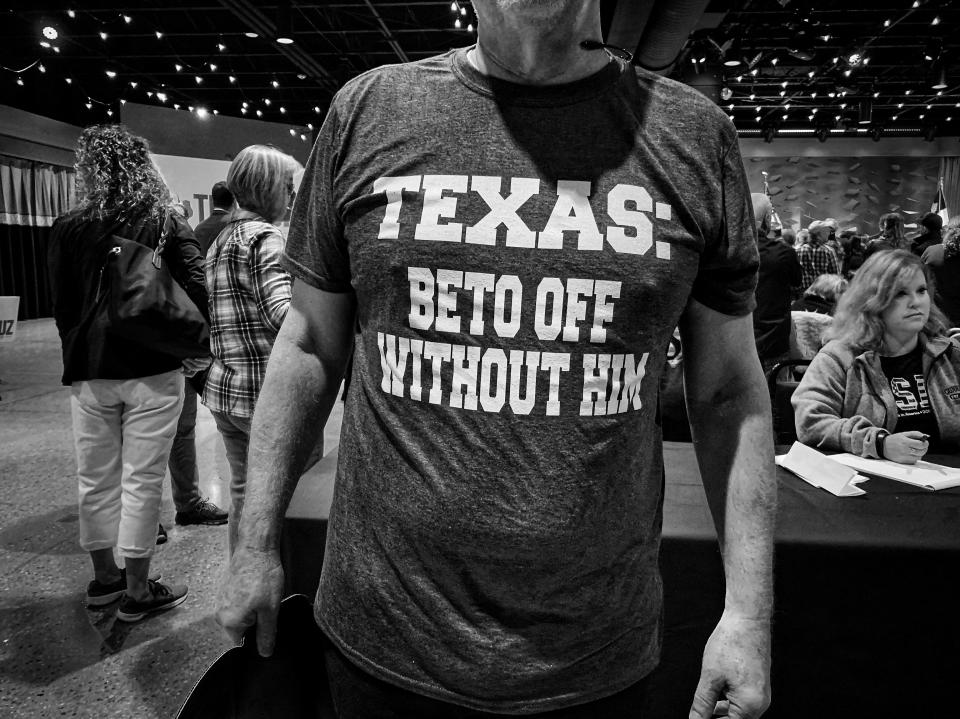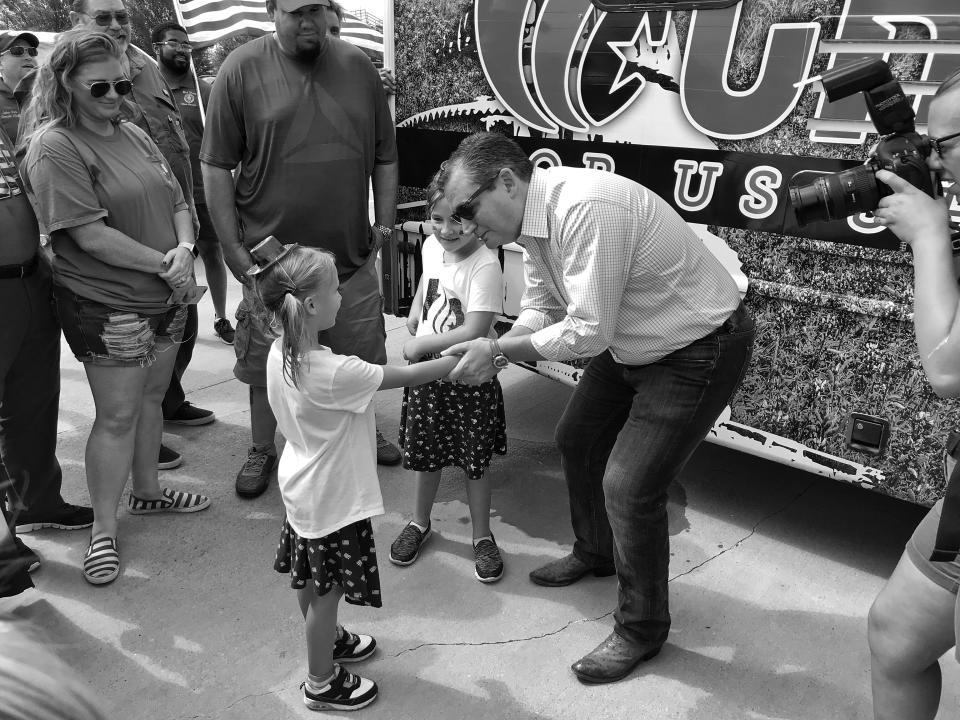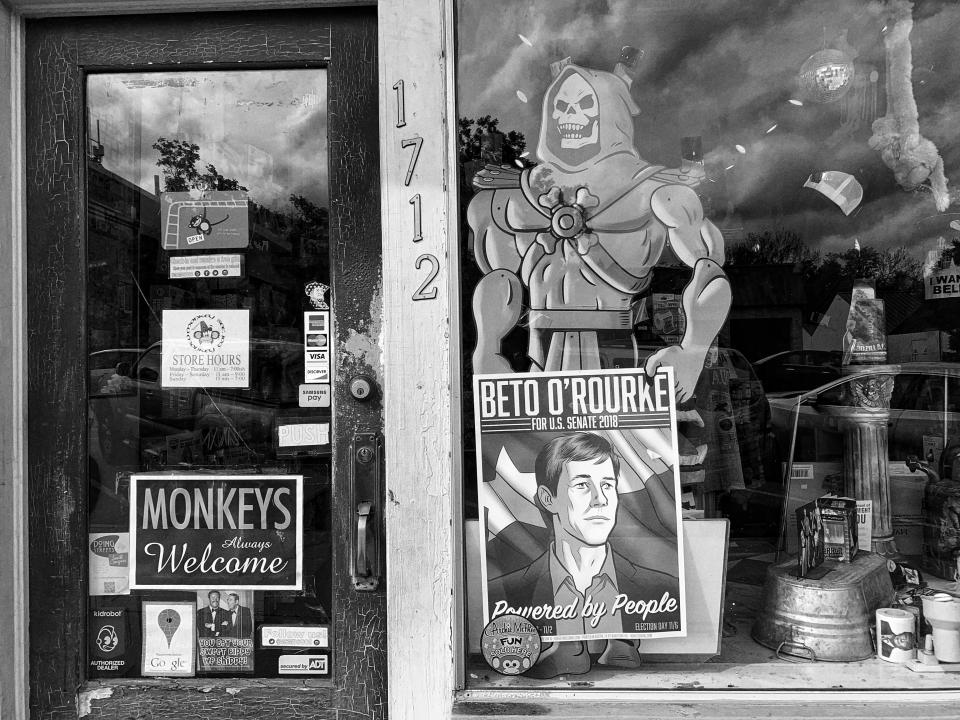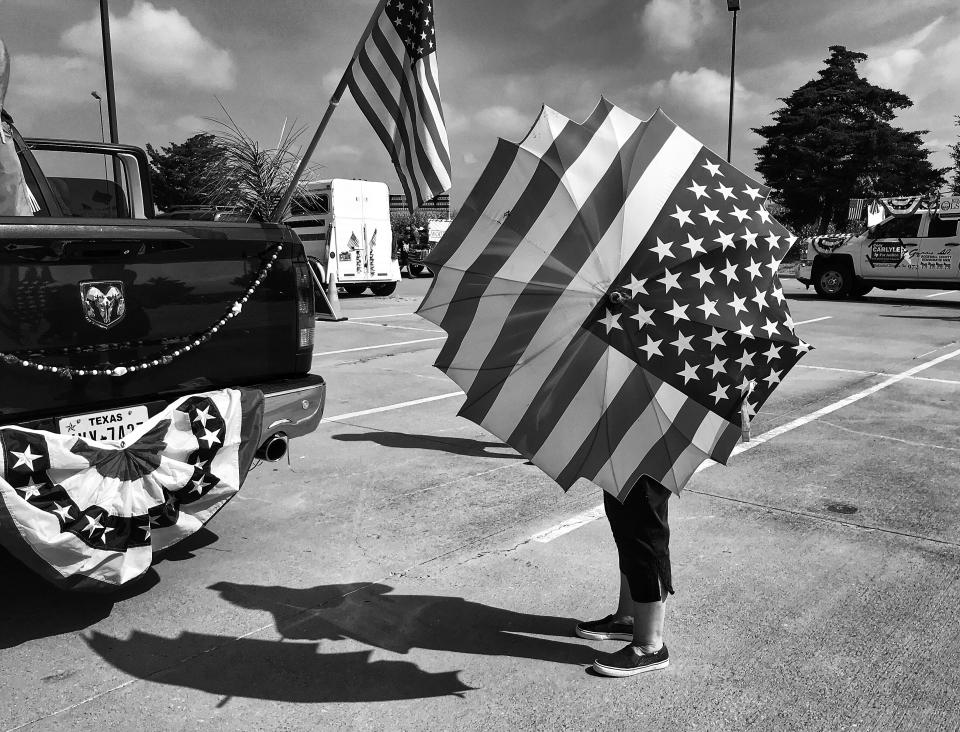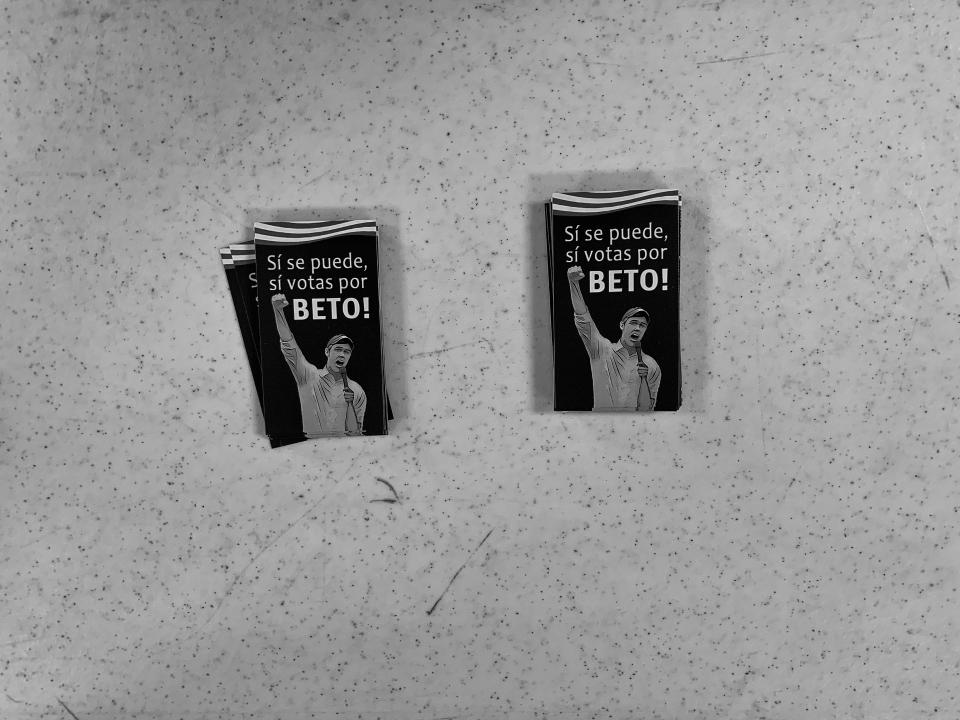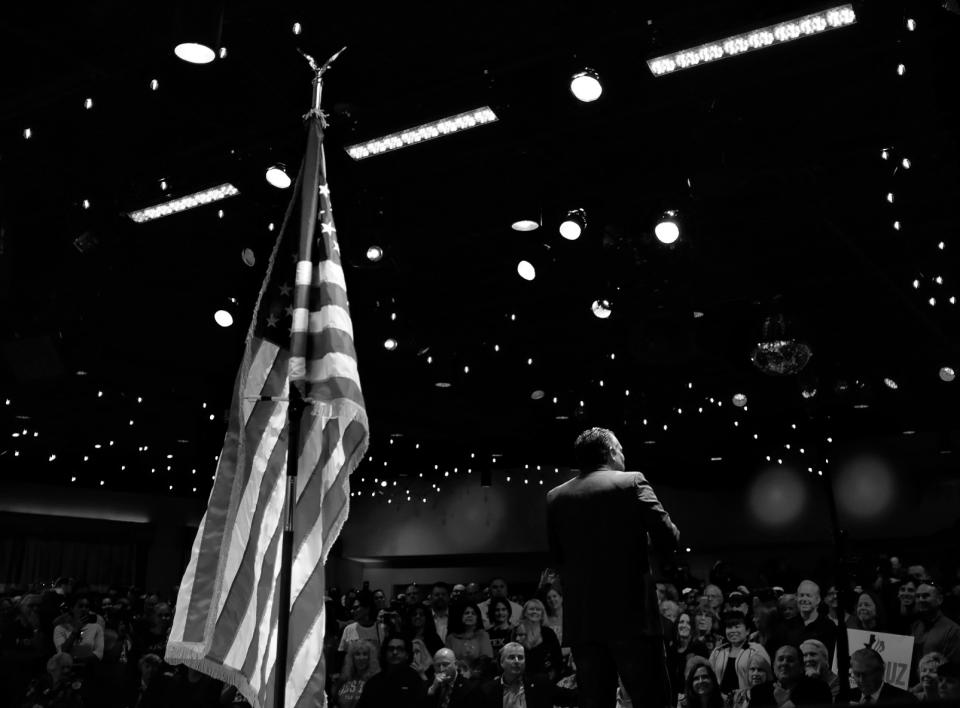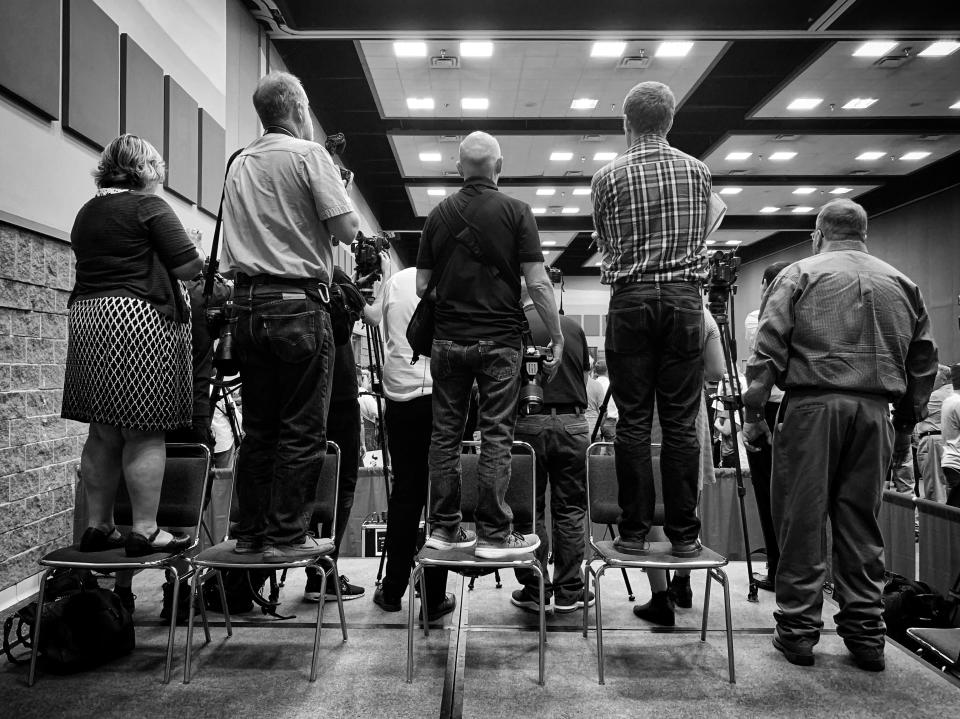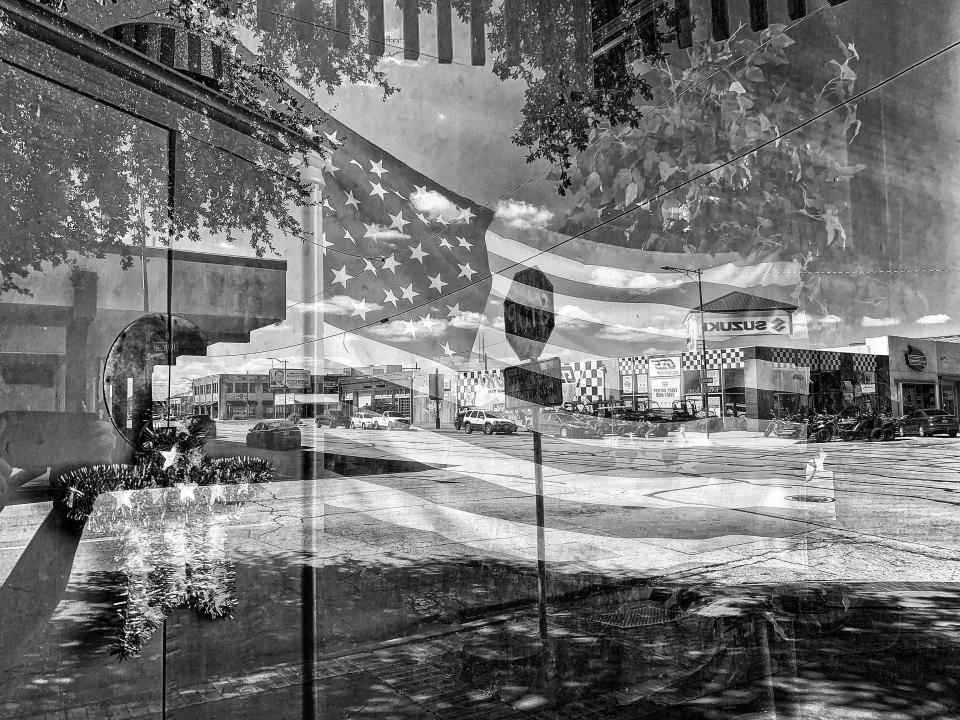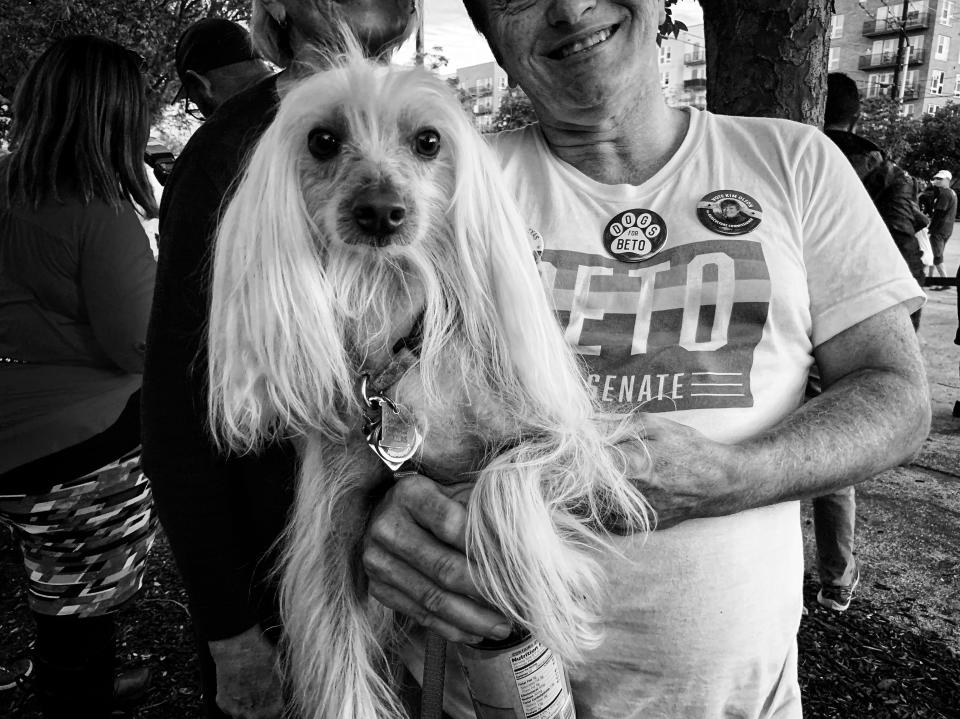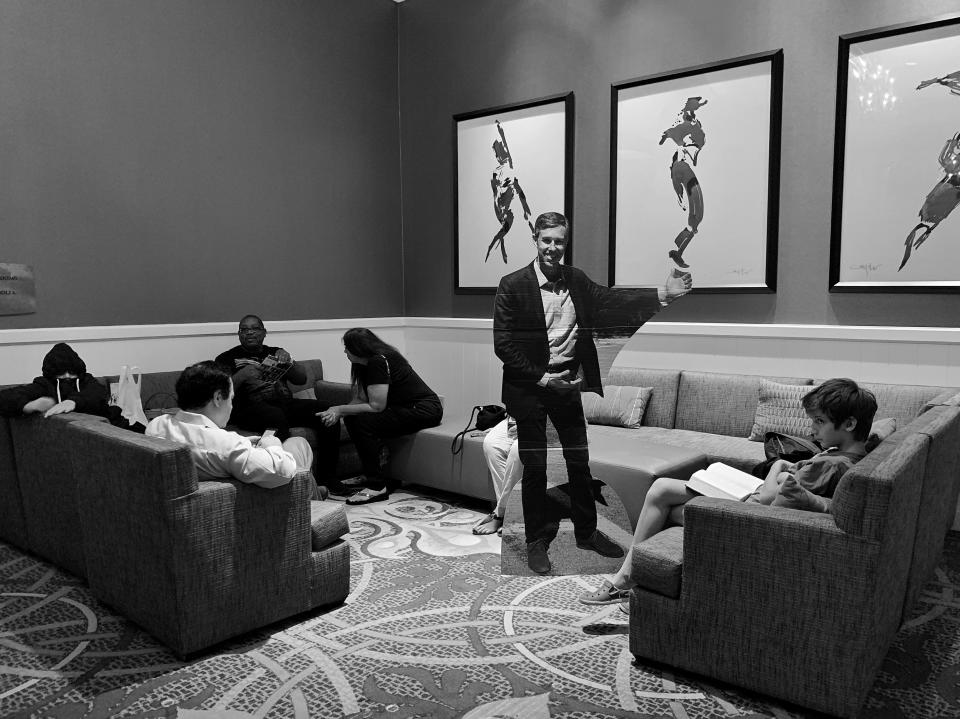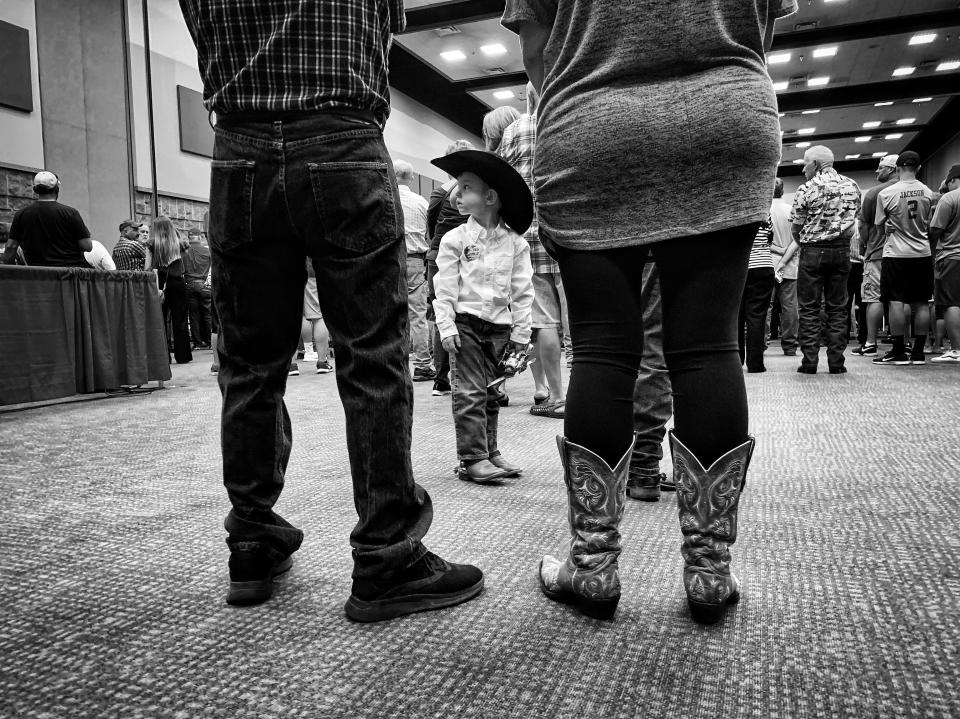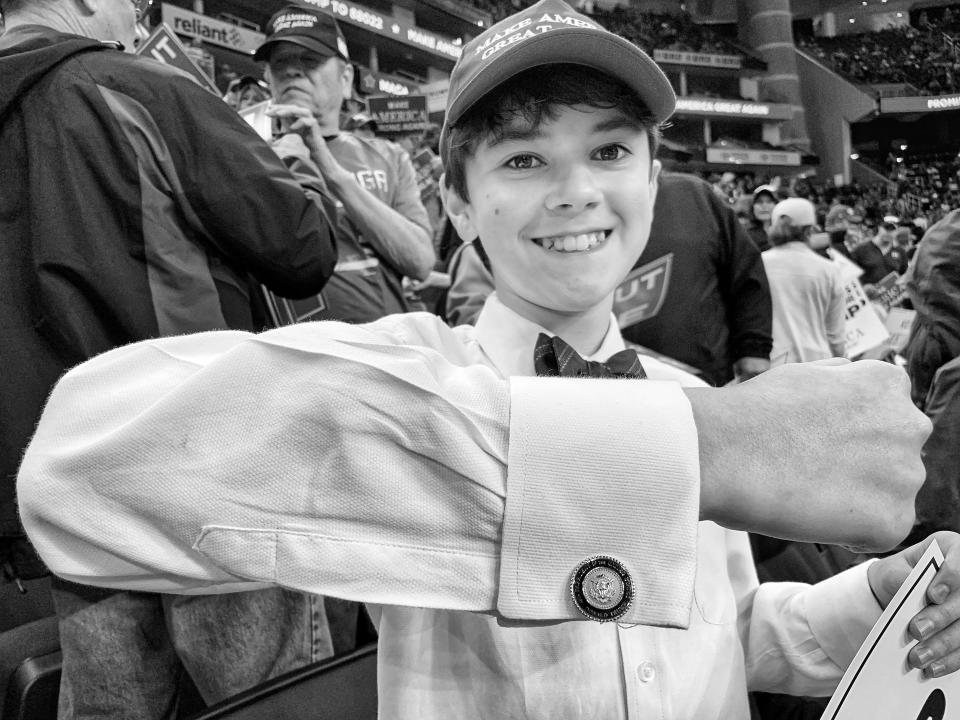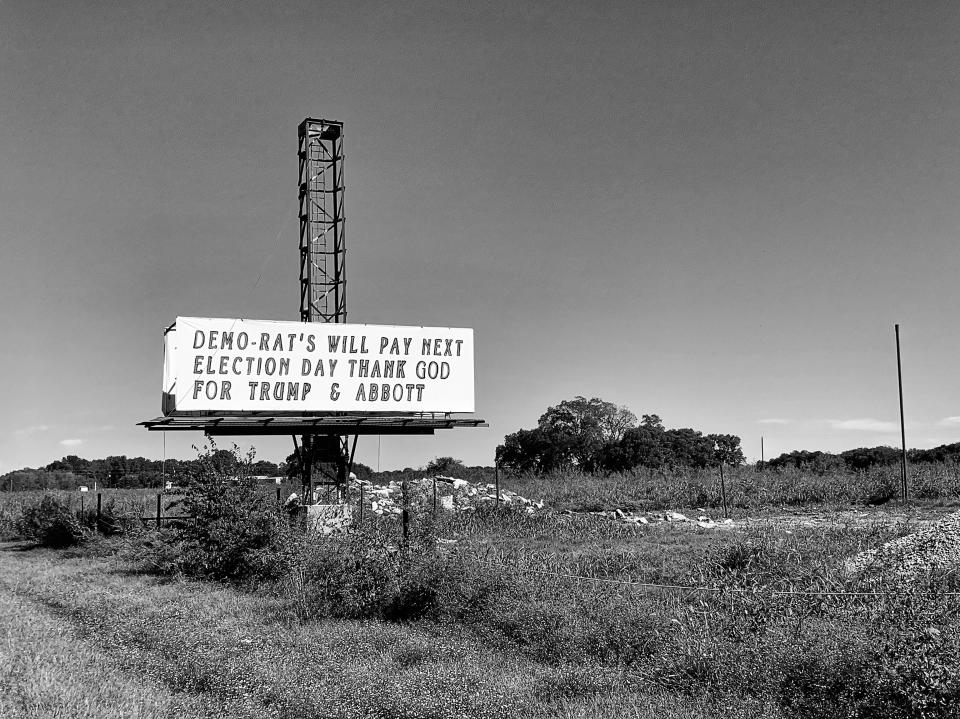Scenes from the Texas Senate race
When Beto O’Rourke announced his long-shot bid to unseat Texas Sen. Ted Cruz well over a year ago, no one would have predicted the race would emerge as one of the most closely watched elections in the country.
But with Election Day now in sight, polls suggest Cruz, the one-term junior senator who hails from Houston, is locked in a dead heat with O’Rourke, a little-known congressman from El Paso whose unlikely bid to be the first Democrat elected statewide in Texas since 1994 has been fueled by massive crowds, intense national media attention and record-breaking fundraising.
In theory, the race is still Cruz’s to lose. Texas is a deeply red state that has moved further and further to the right since George W. Bush defeated Ann Richards, the sitting Democratic governor, in a stunning upset that put Republicans firmly in control of the Lone Star State 24 years ago.
But what has given O’Rourke an opening in 2018 isn’t just the changing demographics of the state — including the growing number of Latinos (who are expected to outnumber whites in the state by 2020) or even the influx of residents from states such as California and New York — who, moving to Texas for affordable homes and good jobs, have introduced more liberal views into the voting electorate.
O’Rourke introduced his candidacy at a moment when Texas has become a microcosm of the political tensions that have divided the rest of the country; among them are the battle over the border, the disconnect between urban and rural voters, and the sense of many people that politics has been reduced to unending partisan combat driven by extreme ideology that is not reflective of the voting electorate. O’Rourke has sought to win over Republicans who are angry about the direction of the country, and to activate people he describes as “nonvoters” in a state where many eligible voters do not turn out to the polls.
In a place where most statewide elections are battled out and decided in the big cities, O’Rourke has fought to expand the map — making a point of visiting all of Texas’s 254 counties, including deeply rural towns where residents rarely met politicians who weren’t local and often didn’t vote in state races. That was not an easy undertaking in the second-largest state in the country, where it can take more than 11 hours to drive from one end to the other.
In recent months, as the race tightened, Cruz followed — traveling through towns like Longview, Amarillo and Wichita Falls, seeking to shore up his base in strongly Republican areas where O’Rourke has attracted large crowds. The senator, who was elected in 2012 as part of the so-called Tea Party revolution, sought to win back Republicans, some of whom were angered that he began seeking the 2016 presidential nomination almost as soon as he was elected.
In a race where there are stark contrasts on issues such as immigration and health care, Cruz and O’Rourke agree on one thing: The election, both have said, is a battle for Texas’s future.
Photography by Holly Bailey/Yahoo News
_____
See more news-related photo galleries and follow us on Yahoo News Photo Twitter and Tumblr.


